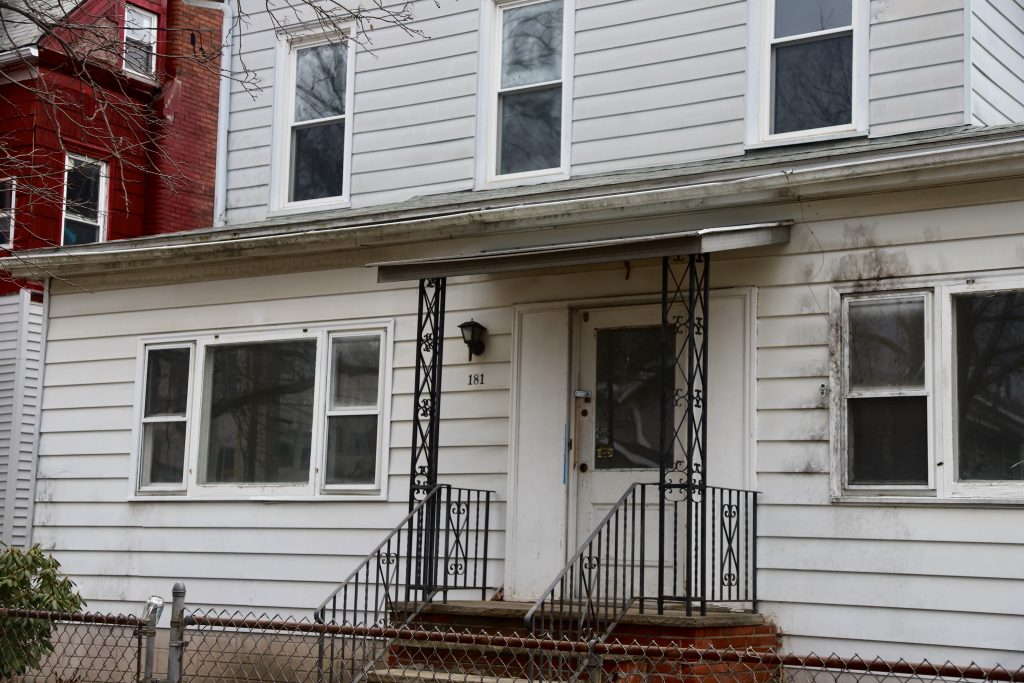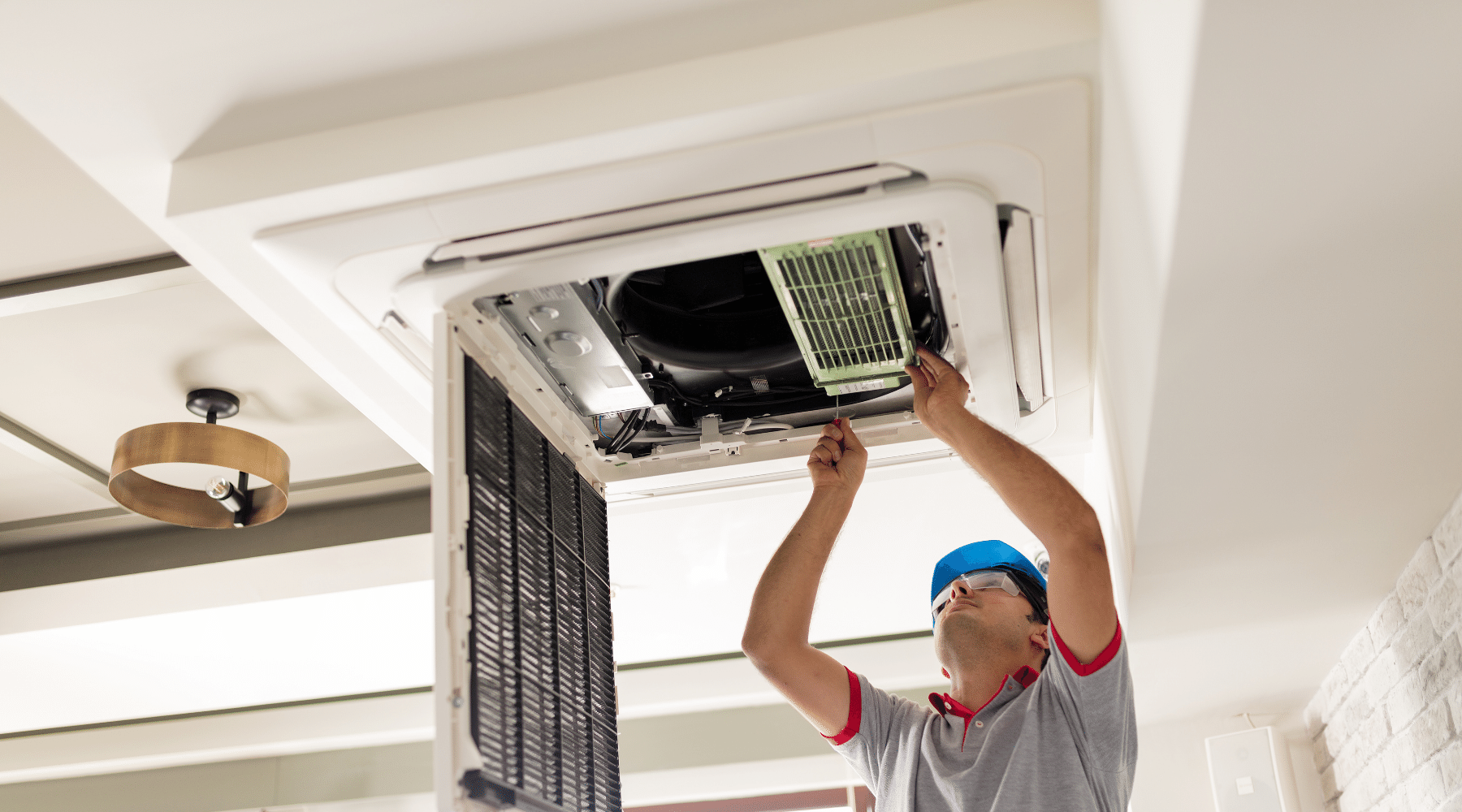How to Qualify for Binghamton Housing Repair Grants in 2025
How to Qualify for Binghamton Housing Repair Grants in 2025 homeownership is a dream many cherish, but maintaining a property can sometimes become a daunting challenge, especially when repairs are costly. Fortunately, for residents of Binghamton, New York, there is a valuable resource to alleviate some of this burden Binghamton housing repair grants. These grants offer financial assistance to eligible homeowners looking to repair and improve their homes. Understanding how to qualify for these grants in 2025 can be a game-changer for many families and individuals. This comprehensive guide walks you through the essential steps and qualifications needed to secure these grants and enhance your living environment.

What Are Binghamton Housing Repair Grants?
In essence, Binghamton housing repair grants are funds provided by the city or associated organizations aimed at helping homeowners undertake necessary repairs. These grants target properties that may be deteriorating or in need of safety upgrades but where owners might lack the financial means to cover those costs themselves. The goal is twofold: to preserve the integrity of housing stock and to promote safe, livable homes within the community.
Unlike loans, grants do not require repayment, making them a highly desirable form of assistance. However, since these grants come from limited public funds, strict eligibility criteria and application procedures are in place to ensure that those most in need receive the aid.
Who Can Benefit From These Grants?
The primary beneficiaries of Binghamton housing repair grants are homeowners who face financial constraints yet are committed to maintaining their properties. The grants often focus on low- to moderate-income households, seniors, veterans, and people with disabilities. Rental properties may sometimes qualify if the landlord commits to improving conditions and keeping rents affordable.
The grants typically cover essential repairs — think structural issues, roof repairs, electrical upgrades, plumbing fixes, and improvements to heating systems. Some programs also emphasize accessibility modifications to help residents with disabilities live more comfortably.
Key Eligibility Requirements for 2025
Navigating the qualification criteria is crucial to successfully accessing Binghamton housing repair grants. While details can vary between programs, the following requirements form the core:
1. Residency and Ownership
Applicants must be the rightful owners of the property located within Binghamton city limits. Typically, the home must be the applicant’s primary residence. Proof of ownership—such as a deed or tax records—is mandatory.
2. Income Limits
Income restrictions are a significant factor. Most grants target families with incomes at or below 80% of the area median income (AMI). The exact figures are updated annually, so 2025’s income ceilings may differ from previous years. It’s essential to consult the latest guidelines to determine eligibility based on household size and income.
3. Property Condition
Homes must require repairs that fall within the grant’s scope. Cosmetic improvements generally are not covered. Instead, the focus is on health, safety, and code compliance issues such as mold remediation, lead paint abatement, or faulty electrical wiring.
4. Financial Hardship
Applicants should demonstrate an inability to fund repairs independently. Documentation like bank statements, tax returns, or proof of benefits can help establish financial need.
5. Compliance with Local Codes
Properties must comply with local zoning and housing codes after repairs are completed. Any outstanding violations could hinder grant approval.
The Application Process Demystified
Securing Binghamton housing repair grants requires diligence and careful preparation. Here is an overview of the process to help applicants prepare:
Step 1: Preliminary Inquiry and Information Gathering
Prospective applicants should first contact the Binghamton Housing Authority or local government offices managing the grant programs. This step helps clarify available grants, application deadlines, and documentation requirements.
Step 2: Submit an Application
Applications typically require detailed personal and financial information. Prepare to provide:
- Proof of ownership
- Income verification documents
- A detailed description of the needed repairs
- Photographs of the property’s current condition
Completing the application accurately and thoroughly is critical to avoid delays or rejections.
Step 3: Property Inspection and Assessment
After submission, a housing inspector visits the property to assess the condition and verify repair needs. Their report plays a pivotal role in determining the scope of work and the grant amount.
Step 4: Approval and Contract Signing
Upon approval, applicants sign a contract outlining the terms, eligible repairs, and the grant amount. Understanding these terms is vital before proceeding.
Step 5: Repairs and Monitoring
Repairs are performed by approved contractors, often overseen by the housing authority. Inspections continue throughout the project to ensure compliance and quality.
Step 6: Completion and Final Inspection
Once work is completed, a final inspection confirms that repairs meet all standards. Successful completion concludes the grant process.
Tips for Increasing Your Chances of Approval
Applying for Binghamton housing repair grants can be competitive, but certain strategies can bolster your chances:
- Be Thorough: Submit all required documents promptly and completely.
- Stay Informed: Monitor announcements about grant cycles and application deadlines.
- Prepare Your Home: Minor repairs or cleanups before inspection can demonstrate your commitment.
- Seek Assistance: Local nonprofits or housing counselors can provide valuable guidance.
- Maintain Good Records: Keep copies of all paperwork, correspondence, and receipts.
Common Repairs Covered by Binghamton Housing Repair Grants
Understanding the typical scope of work funded by these grants can help homeowners prioritize projects:
- Roof replacements or patching leaks
- Heating and cooling system upgrades
- Plumbing and electrical repairs to meet safety codes
- Foundation stabilization or structural repairs
- Mold and lead-based paint removal
- Accessibility modifications, such as ramps or widened doorways
Challenges and Considerations
While Binghamton housing repair grants offer tremendous assistance, some challenges persist:
- Limited Funds: Demand often exceeds available grants.
- Lengthy Process: Application and approval can take months.
- Restrictions on Use: Funds may only cover certain types of repairs.
- Repayment Clauses: Some grants require repayment if the homeowner sells within a certain time frame.
Awareness of these factors ensures applicants manage expectations and plan accordingly.
Additional Resources in Binghamton
Beyond grants, Binghamton homeowners can explore complementary resources:
- Low-interest loans for home repairs
- Energy efficiency rebate programs
- Nonprofit housing assistance groups
- Tax credits for historic home preservation
Leveraging multiple programs can maximize benefits and stretch budgets further.
Qualifying for Binghamton housing repair grants in 2025 means understanding evolving guidelines, preparing meticulous applications, and focusing on the health and safety improvements your home truly needs. These grants represent a vital lifeline for homeowners seeking to maintain and improve their properties without undue financial strain.
By staying proactive and informed, Binghamton residents can seize the opportunities these grants offer and look forward to a safer, more comfortable home environment. Whether it’s a leaky roof, aging furnace, or accessibility enhancement, the right grant can make a world of difference. Start preparing now, gather your documents, and embrace the chance to revitalize your home with confidence and ease.







